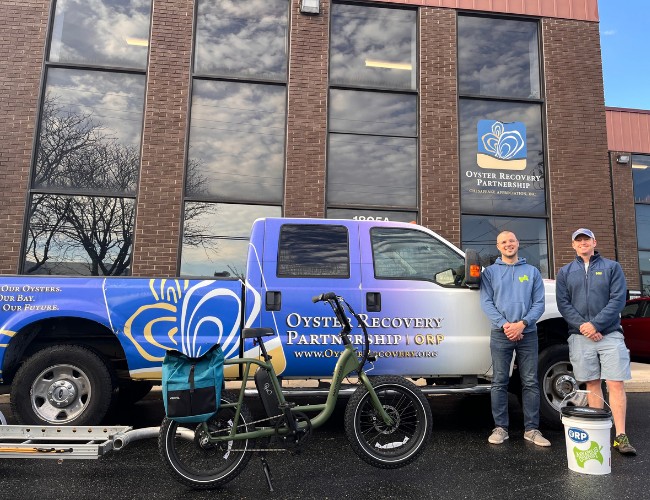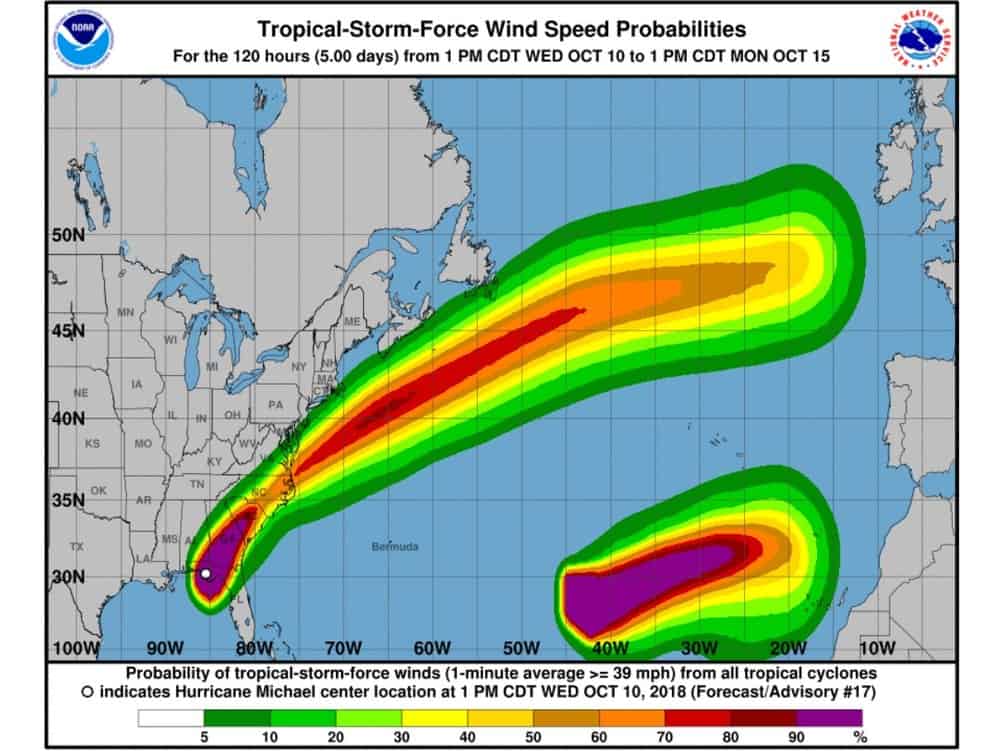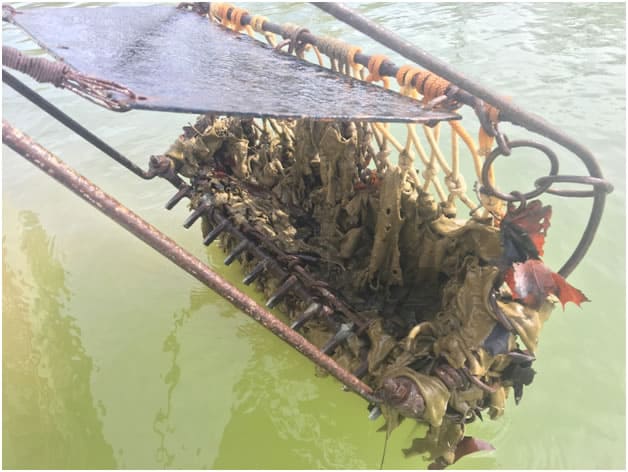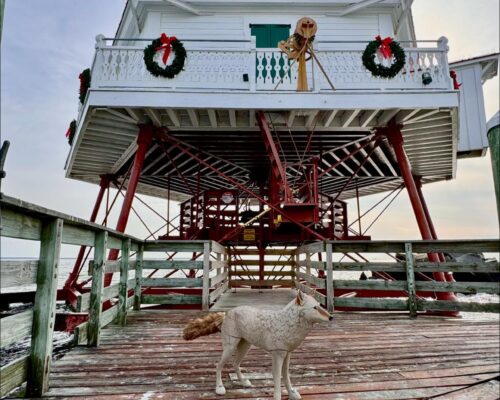The Oyster Recovery Partnership (ORP) goes to great lengths to recycle as many shells as possible from oyster eaters. Now, a new program is taking those efforts to another level. For the first time, oyster lovers can have used shells collected right from their door to be used as homes for future baby oysters.
ORP is partnering with Annapolis Compost, a curbside composting business, to collect shells from Annapolis-area residents. Annapolis Compost already collects food waste curbside to eliminate food waste wherever possible and composts it to restore soil on local nonprofit and family-owned farms.
So it seemed a natural next step to recycle oyster shells as part of that food waste.
“When we regularly started seeing oyster shells in with our customers’ compostables we knew we had to work with ORP to get these shells back in the water where they can help clean up the Bay,” says Annapolis Compost founder and co-owner Karl Schrass. The compost service had been informally sorting out oyster shells as they found them.
ORP believes this is the first residential shell recycling program in the Bay. They need every oyster shell they can get, as shells provide the hard substrate than oyster larvae prefer to attach to and grow. And a healthy oyster population helps keep nutrient levels in check in the Bay through their filtering powers. Their reefs also create habitat for marine life.
ORP’s Shell Recycling Alliance, started in 2010, is the nation’s largest shell recycling network, with almost 200 businesses recycling their shells and more than 70 public drop sites from Pennsylvania to Virginia.
We are thrilled to partner with Annapolis Compost to maximize shell collection because oyster shell is a critical but limited resource that’s in high demand. Every new source of shell helps us plant more oysters,” says Paul Schurick, director of partnerships with ORP.
After Annapolis compost customers’ shells are collected, they’ll be aged outdoors for one year, cleaned and set with spat at the Horn Point Lab Oyster Hatchery in Cambridge, Md. From there, they’ll graduate to protected reefs around the Bay.
Schrass hopes the new program catches on, and it won’t be the only curbside service of its kind for long. “We’d love to see others across the Chesapeake Bay watershed adopt this type of partnership to increase residential shell recycling rates.”
-Meg Walburn Viviano




